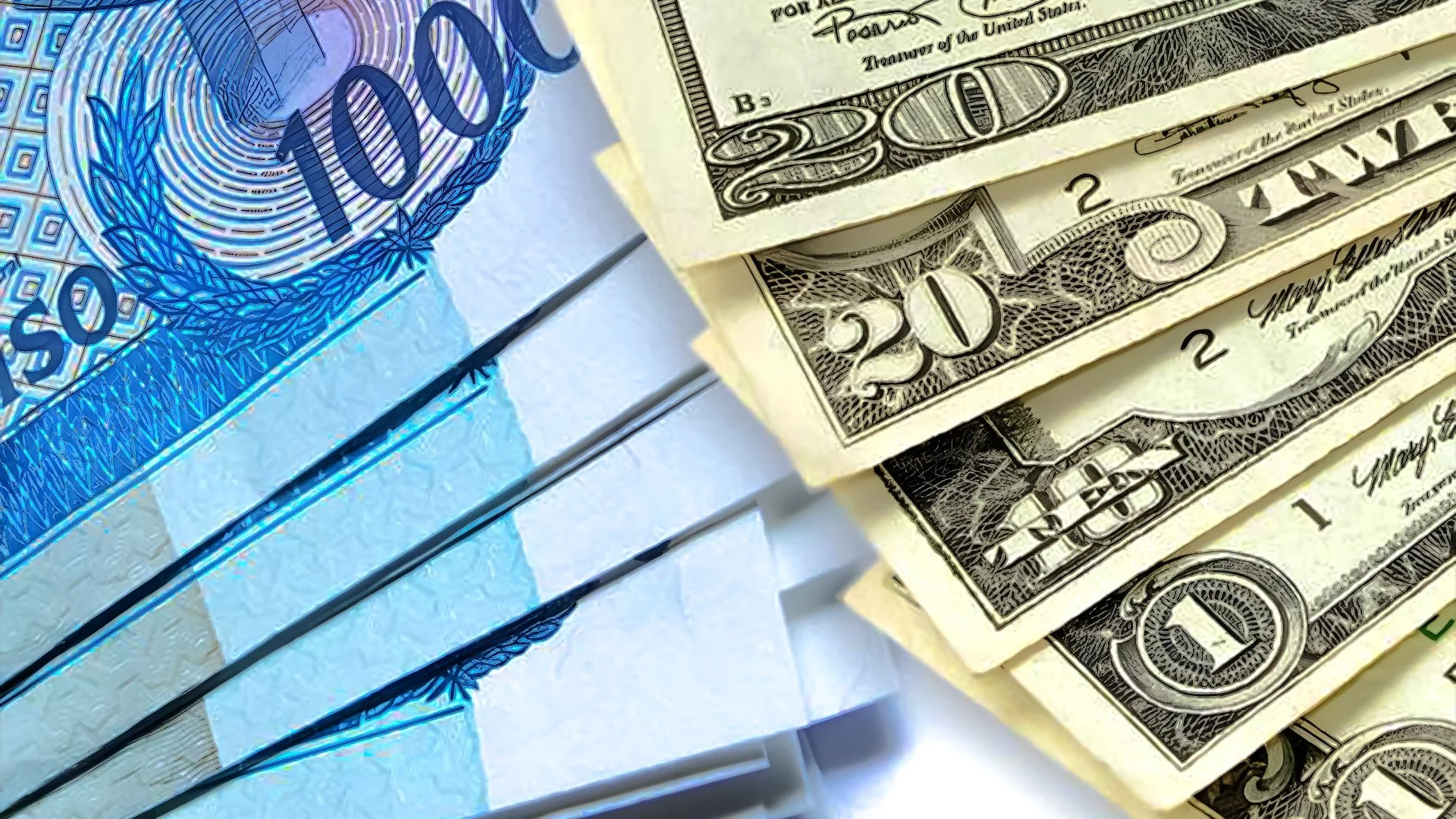Can You Trade Forex Legally in the Philippines? Here’s What You Need to Know
Forex trading has grown rapidly in the Philippines over the past decade, with more Filipinos showing interest in currency trading as an alternative investment or income stream. But a question that often arises for beginners is: “Is Forex trading legal in the Philippines?”
The short answer is yes — Forex trading is legal, but with important conditions and regulations you must understand before you start. This article breaks down what’s allowed, what’s not, and how to trade safely and responsibly in compliance with Philippine law.

Forex Trading in the Philippines: The Legal Landscape
The Bangko Sentral ng Pilipinas (BSP) and the Securities and Exchange Commission (SEC) are the two primary regulators overseeing Forex-related activities in the country.
The BSP regulates the movement of foreign currency in and out of the Philippines. It ensures that foreign exchange transactions — such as remittances, payments, and conversions — are legitimate and compliant with national monetary policy.
The SEC, on the other hand, governs investment-related activities, including brokerages, securities, and trading platforms that offer financial instruments to the public.
So while trading currencies itself is not illegal, offering Forex trading services or brokerage operations without an SEC license is illegal.
This means that individuals can trade Forex using licensed international brokers, but those brokers must be registered or recognized by the SEC or their own country’s financial authority (like the UK’s FCA, Australia’s ASIC, or Cyprus’ CySEC).
How to Trade Forex Legally in the Philippines
Here are the key steps to ensure your Forex trading activities remain above board:
Use a Regulated Broker
Always choose brokers that are licensed by reputable regulatory agencies. Avoid “get-rich-quick” platforms or unverified brokers that promise unrealistic returns.Understand BSP’s Rules on Foreign Exchange
You are allowed to open and fund Forex trading accounts abroad, provided that your remittance and withdrawals comply with BSP’s foreign exchange regulations.Declare Large Forex Earnings (if applicable)
If you earn significant income from Forex trading, declare it as part of your annual income for tax purposes. This keeps your activities transparent and compliant with the Bureau of Internal Revenue (BIR).Avoid Local Investment Schemes Disguised as Forex
Beware of local groups or companies offering “managed Forex accounts” or “Forex investment pools.” These are often unlicensed and fall under investment fraud. The SEC regularly warns the public against such operations.
Why Regulation Matters for Forex Traders
Trading through regulated brokers provides:
Fund protection, since regulated brokers must segregate client funds.
Transparency, as they follow strict reporting and operational standards.
Legal recourse, allowing traders to file complaints in case of disputes.
At GME Academy (Global Markets Eruditio), we emphasize the importance of trading education and compliance. Forex trading can be highly rewarding, but it must be approached with the same discipline and integrity that financial professionals uphold globally.
What the Law Says About Forex Scams
The Securities Regulation Code (SRC) prohibits entities from soliciting investments from the public without an SEC license. Many Forex-related scams operate under the guise of “signal groups” or “automated trading bots.” These are not legitimate trading services and often result in investor losses.
If an offer sounds too good to be true — such as “guaranteed 30% monthly profit” — it’s a red flag. Legal Forex trading involves risk, skill, and analysis — not promises of easy money.
Forex Trading as a Legitimate Opportunity
For Filipinos, Forex trading can serve as a gateway to global financial literacy, helping individuals understand economic trends, interest rate policies, and international currency dynamics. The key is to trade responsibly, with proper education and risk management.
At GME Academy, we believe in empowering Filipino traders with the right tools and knowledge — from understanding macroeconomic fundamentals to mastering trading psychology.
Trade Smart, Trade Legal
Yes, you can trade Forex legally in the Philippines — as long as you do so with regulated brokers, comply with BSP and SEC rules, and treat trading as a disciplined skill, not a gamble.
Forex trading opens a window into the global financial markets. But before you take your first trade, take time to learn the rules, the risks, and the strategies that can help you succeed.
Join our FREE Forex Workshop at GME Academy and start your trading journey with the right foundation. Learn how to trade safely, confidently, and ethically in the global Forex market

